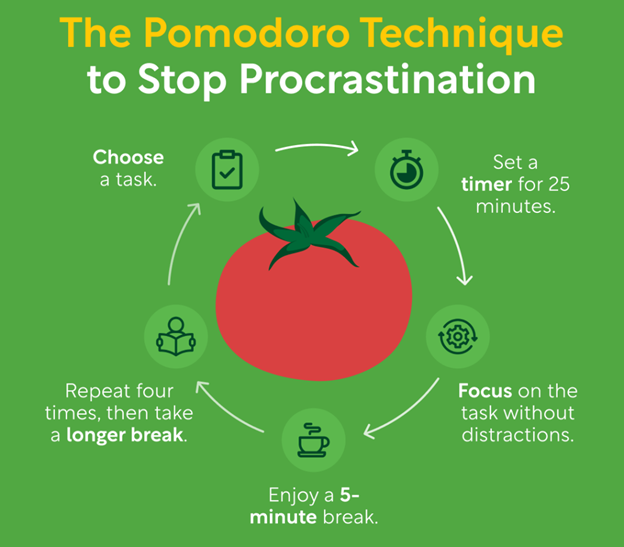Key Points at a Glance
Studying smart involves strategy, not just time—focus on methods like active recall and spaced repetition.
Avoid passive learning techniques like re-reading and highlighting—they often waste time and reduce retention.
Tools like time-blocking and goal setting help manage energy and focus, not just hours.
Schools like Morgan International Community School (MICS) encourage students to adopt brain-friendly strategies that lead to lasting academic success.
You’ve likely heard the saying: “Work smarter, not harder.” But what does that really mean when it comes to studying?
Spending hours buried in books doesn’t always lead to better results. In fact, without the right techniques, long study sessions can lead to burnout and low retention. The key to academic success is not just effort—it’s effort applied wisely.
Let’s explore what it means to study smarter, and how you can start doing it today.
What Does “Study Smarter” Actually Mean?
Studying smarter means using scientific principles of learning to maximize understanding and memory in less time. It’s about:
Using active learning instead of passive review
Spaced repetition instead of cramming
Setting clear goals and tracking progress
Taking strategic breaks to improve focus
Organizing your study sessions for maximum efficiency
1. Use Active Recall
Rather than just reading or highlighting notes, actively test yourself on what you’ve learned. This strengthens memory and improves long-term retention.
How to Do It:
Use flashcards or self-made quizzes
After reading, close the book and write down everything you remember
Explain what you’ve learned to someone else
MICS students are regularly encouraged to use self-quizzing, classroom questioning, and peer teaching to reinforce key concepts.
2. Apply Spaced Repetition
Don’t review everything at once. Space out your study sessions over time for better recall.
Try This:
Review new material after 1 day, then 3 days, then a week
Use apps like Anki or Quizlet that automate spaced repetition
Build a revision calendar that revisits each topic multiple times
This technique is grounded in cognitive science—and it’s one of the most effective ways to prepare for major exams.
3. Practice Interleaving
Instead of studying one subject for hours, switch between topics or subjects. This is called interleaving, and it forces your brain to adapt and apply information more flexibly.
Example:
Study 30 minutes of math, then 30 minutes of science, then 30 minutes of history
Mix problem-solving with concept review
This mimics real-world thinking and makes learning more adaptable.
4. Set Clear Goals for Each Session
Going into a study session without a plan is like walking into a gym without a workout routine.
Smart Goal Setting:

Use the SMART system: Specific, Measurable, Achievable, Relevant, Time-bound
Set a goal like: “Today, I will complete 10 questions on atomic structure and review my notes on bonding.”
At MICS, students are taught to set realistic study targets and track their academic progress weekly.
5. Use Time-Blocking and the Pomodoro Technique
Time management isn’t just about discipline—it’s about protecting your energy and focus.
Try This:
Use time-blocking to schedule your study hours in advance
Use the Pomodoro Technique: study for 25 minutes, take a 5-minute break, then repeat

This structure reduces procrastination and builds mental stamina over time.
6. Avoid Common Study Traps
Don’t:
Rely only on highlighting or passive reading
Multitask while studying (especially with your phone nearby)
Cram the night before a test
Study without breaks
Instead, create an environment—and routine—that supports brain function and engagement.
MICS: A School That Teaches Smart Learning
At Morgan International Community School (MICS), students are equipped with life-long learning strategies.
Whether through digital tools, learner-centered methods, or personalized coaching, MICS empowers students to study intentionally, strategically, and effectively.
By integrating research-backed study methods into everyday instruction, students grow as confident, independent learners prepared for both school and life beyond.
Final Thoughts
You don’t need more hours in the day to succeed—you need smarter strategies.
By using active recall, spaced repetition, interleaving, and effective time management, you can make your study time count. The smartest students aren’t the ones who stay up all night—they’re the ones who know how to learn.
And if you’re looking for an environment that nurtures such habits, MICS is setting the standard—where academic excellence is built not on pressure, but on purpose.
